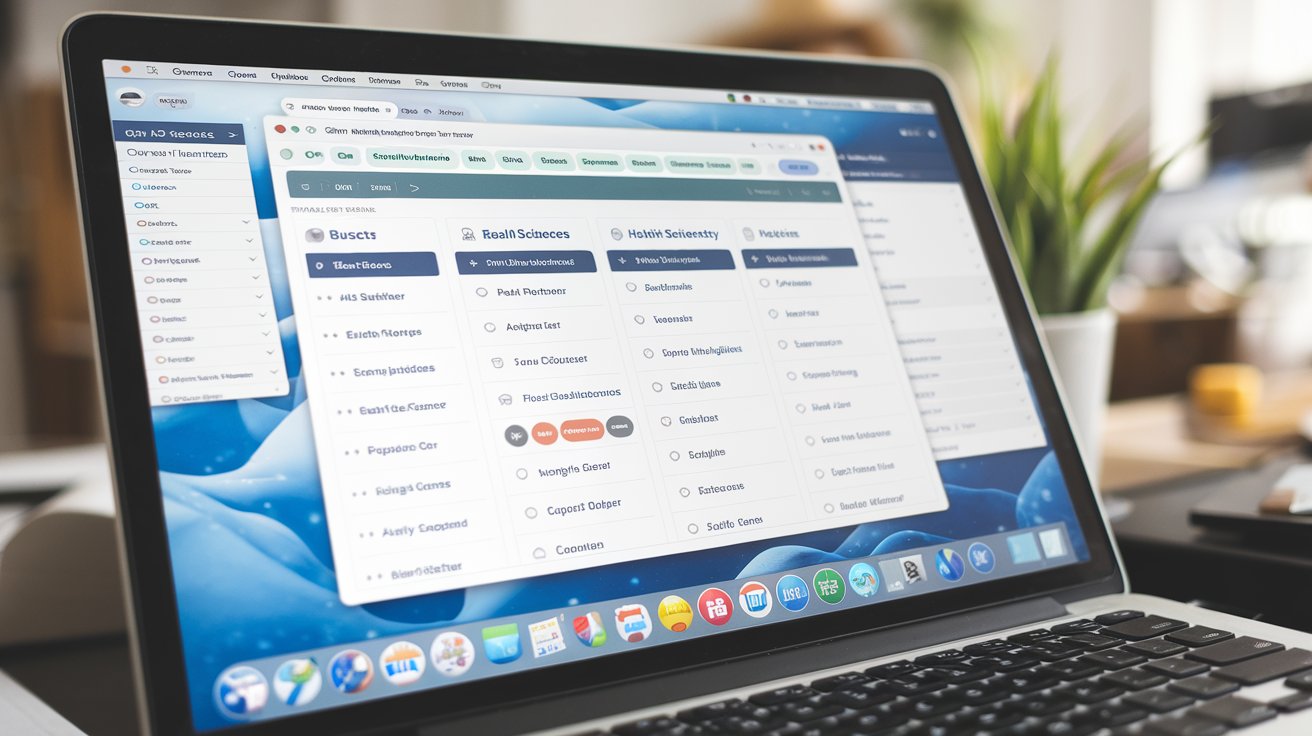In recent years, the freelance economy has blossomed, offering professionals from various fields the chance to work independently, choose their projects, and control their schedules. Whether you’re a graphic designer, writer, developer, or consultant, the right freelance platform can be your gateway to a world of opportunities. In this article, we’ll explore some of the best platforms for freelance work, share personal experiences that highlight their benefits, and provide answers to common questions about freelancing.
The Rise of Freelancing

Freelancing has transformed the traditional workforce. According to a report by Upwork, over 59 million Americans freelanced in 2020, contributing $1.2 trillion to the economy. This trend is expected to continue as more people seek flexibility, autonomy, and the ability to work from anywhere. But with so many platforms available, how do you choose the right one?
Top Platforms for Freelancers
- Upwork
Overview: Upwork is one of the largest freelance platforms, connecting businesses with freelancers across various industries.
Personal Experience: I started my freelance journey on Upwork a few years ago. My first project was a small content writing task for a tech startup. The thrill of winning my first bid was exhilarating, and I learned quickly about setting competitive rates and delivering high-quality work. Upwork’s user-friendly interface and robust job search features made it easy to find gigs that matched my skills.
Benefits: Diverse job categories, built-in time tracking, and secure payment options.
- Fiverr
Overview: Fiverr allows freelancers to create “gigs” that showcase their services, starting at $5.
Personal Experience: A friend of mine, an aspiring graphic designer, found success on Fiverr by offering logo design services. He started small, but over time, his unique style and excellent customer service helped him build a loyal client base. The platform’s straightforward pricing model made it easy for him to attract clients looking for affordable services.
Benefits: Creative freedom to set service packages and pricing, and a platform for marketing your skills.
- Freelancer
Overview: Freelancer operates similarly to Upwork, allowing freelancers to bid on projects.
Personal Experience: I decided to explore Freelancer for a short stint. I participated in a contest for a website design project, and although I didn’t win, the experience taught me a lot about market trends and client expectations. This platform is great for those willing to showcase their skills in a competitive format.
Benefits: A wide variety of projects and the opportunity to showcase your portfolio.
- Toptal
Overview: Toptal focuses on connecting clients with top-tier freelancers in software development, design, and finance.
Personal Experience: A colleague of mine, a software developer, joined Toptal after a rigorous screening process. He often shares stories of the high-caliber clients he works with and the lucrative projects he lands. For professionals with significant experience, Toptal can be a game-changer.
Benefits: Access to high-paying clients and exclusive projects.
- Guru
Overview: Guru provides a flexible platform for freelancers to showcase their work and connect with clients.
Personal Experience: When I needed to diversify my freelance opportunities, I turned to Guru. I was impressed by the ease of creating a profile and the ability to showcase previous work. The platform’s “Work Room” feature helped me manage projects and communicate effectively with clients.
Benefits: Flexible payment options and a workroom feature for managing projects.
- PeoplePerHour
Overview: PeoplePerHour connects businesses with freelance talent for short-term projects.
Personal Experience: I met a fellow freelancer at a networking event who shared her experience on PeoplePerHour. She mentioned how she could find clients quickly for web development projects, and the platform’s emphasis on hourly rates appealed to her.
Benefits: An easy-to-use interface and a focus on quick projects.
Choosing the Right Platform
When selecting a freelance platform, consider the following factors:
- Your Skills: Some platforms cater to specific industries better than others.
- Fees: Understand each platform’s fee structure, as this can affect your earnings.
- Client Base: Look for platforms that attract clients in your field of expertise.
- Ease of Use: A user-friendly interface can save you time and effort.
Personal Anecdotes: The Freelance Journey

Freelancing has been a transformative experience for me. One memorable project involved writing an eBook for a health and wellness coach I found on Upwork. Not only did I learn a lot about the health industry, but I also appreciated the flexibility it offered. I could work on my schedule, which allowed me to balance my freelance work with personal commitments.
Another instance was when I helped a small business create a content strategy. The owner and I communicated regularly through Fiverr, and seeing the impact of my work on their sales was incredibly fulfilling. Those moments reinforced my belief that freelancing is not just about making money; it’s about building relationships and contributing to others’ success.
FAQs About Freelance Platforms
Q1: Which freelance platform is the best for beginners?
A1: Upwork is often recommended for beginners due to its extensive resources and job variety.
Q2: Are there fees associated with these platforms?
A2: Yes, most platforms charge a service fee, typically a percentage of your earnings.
Q3: Can I find long-term clients on freelance platforms?
A3: Absolutely! Many freelancers build long-term relationships with clients through these platforms.
Q4: Do I need a portfolio to get started?
A4: While not mandatory, having a portfolio can significantly increase your chances of landing jobs.
Q5: How do I set my rates as a freelancer?
A5: Research industry standards and consider your experience when setting your rates.
Conclusion
The rise of freelance work has opened up a world of possibilities for those seeking independence and flexibility. With numerous platforms available, it’s essential to choose one that aligns with your skills, goals, and work style.
As I continue my freelance journey, I’ve realized that it’s not just about the money; it’s about the freedom to pursue projects that resonate with me and the chance to connect with diverse clients. Whether you’re just starting or looking to expand your freelancing career, the right platform can make all the difference. Embrace the opportunities, and remember that every project can lead to new experiences and growth. Happy freelancing!


